
Thymesia: A Promising Souls-like with Room to Grow
Contents
Thymesia, developed by the Taiwanese studio OverBorder Studio, is an ambitious Souls-like clearly inspired by FromSoftware titles, particularly Bloodborne and Sekiro: Shadows Die Twice. This debut effort attempts to capture the challenging combat and enigmatic storytelling that define the genre. Does it succeed in replicating the “FromSoftware formula”? Let’s delve into the plague-ridden kingdom of Hermes to find out.
A Fluid and Engaging Combat System
 alt text: Corvus, the main character, fights a monstrous foe in Thymesia
alt text: Corvus, the main character, fights a monstrous foe in Thymesia
Players take on the role of Corvus, a skilled royal warrior afflicted with amnesia. To uncover the truth behind the devastating plague gripping Hermes, he must journey into his fragmented memories, reliving past battles. Corvus, whose name means “raven,” embodies the swiftness and ruthlessness of the bird, a characteristic reflected in the game’s combat.
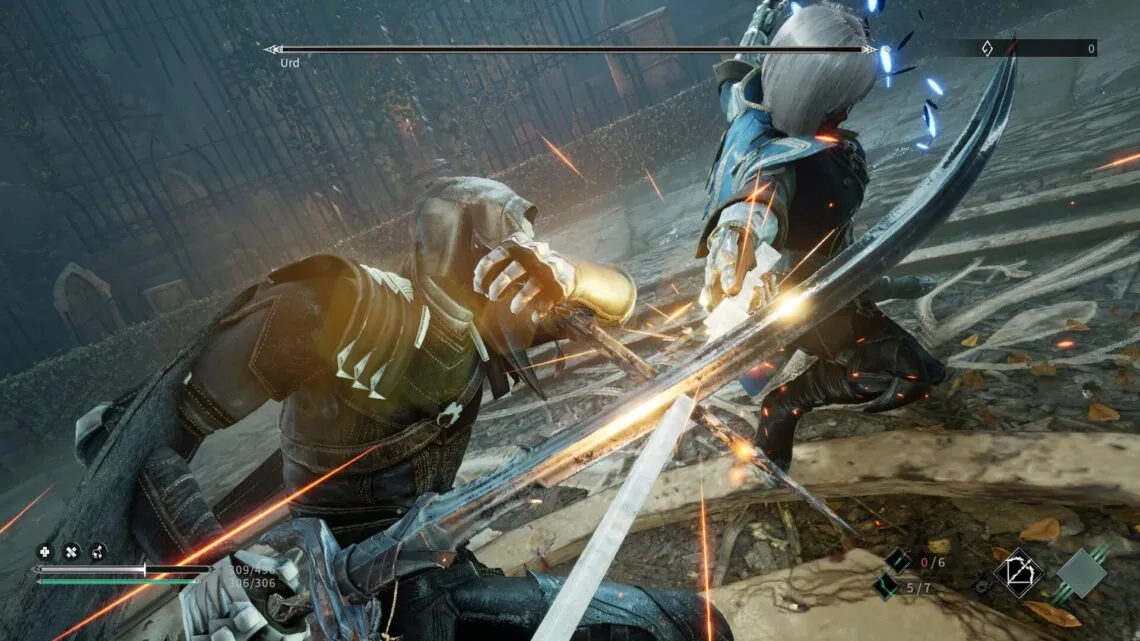 alt text: Gameplay screenshot of Thymesia showing Corvus battling multiple enemies
alt text: Gameplay screenshot of Thymesia showing Corvus battling multiple enemies
Thymesia’s combat revolves around a unique dual health system. Enemies possess both a white “wound” health bar and a green “true” health bar. Regular attacks deplete the white bar, but it quickly regenerates. Only by using Corvus’s claw attacks can players damage the green health bar, which is exposed after inflicting enough wounds. This dynamic creates a compelling rhythm of aggression and precision. Players must strategically balance offensive pressure with well-timed claw strikes to finish off their foes.
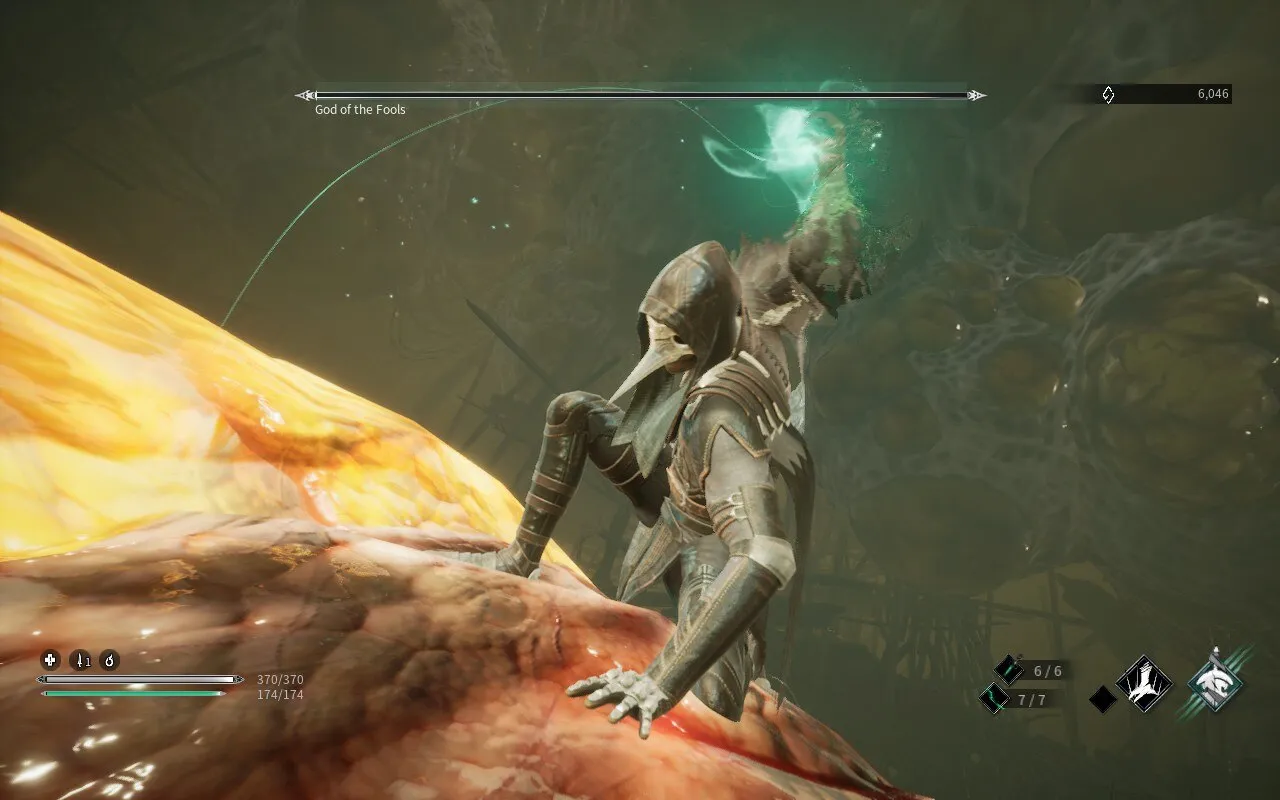 alt text: Close-up of Corvus's claw attack in Thymesia
alt text: Close-up of Corvus's claw attack in Thymesia
The combat flows smoothly, with responsive controls and impactful animations. The Sekiro-inspired movement system, emphasizing speed and agility, allows for fluid navigation and enemy evasion. Even when outnumbered, players can effectively isolate targets and escape precarious situations.
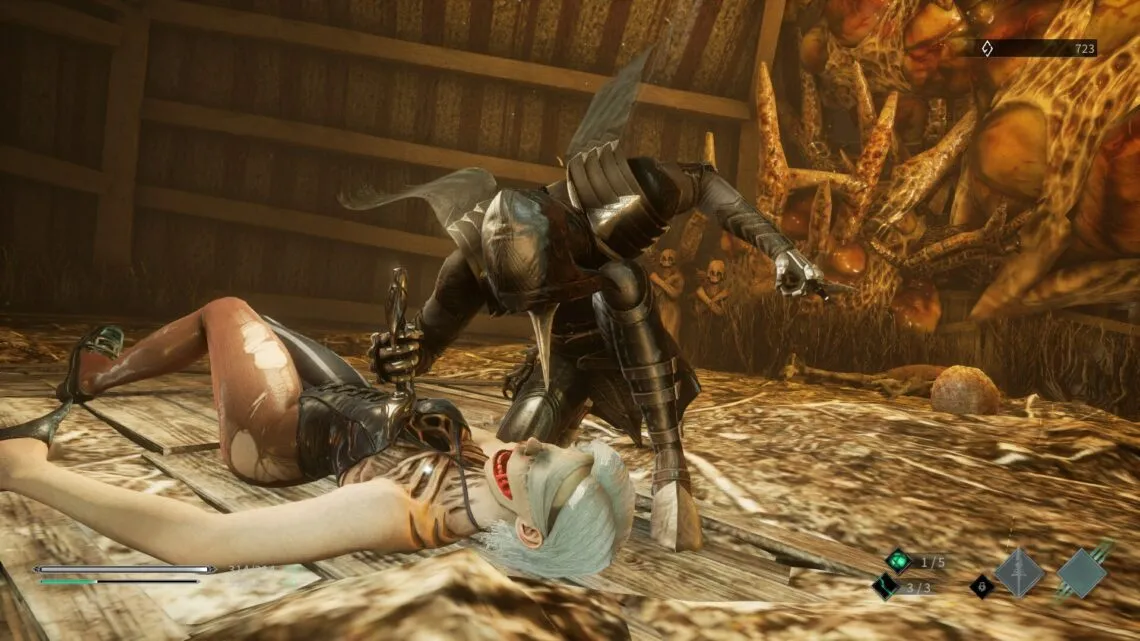 alt text: Corvus deflecting an enemy attack in Thymesia
alt text: Corvus deflecting an enemy attack in Thymesia
The skill tree and Plague Weapon system further enhance the combat experience. These mechanics offer a variety of abilities and tools, enabling players to customize their playstyle. The ability to freely respec skills and equipment at save points provides valuable flexibility, encouraging experimentation and adaptation.
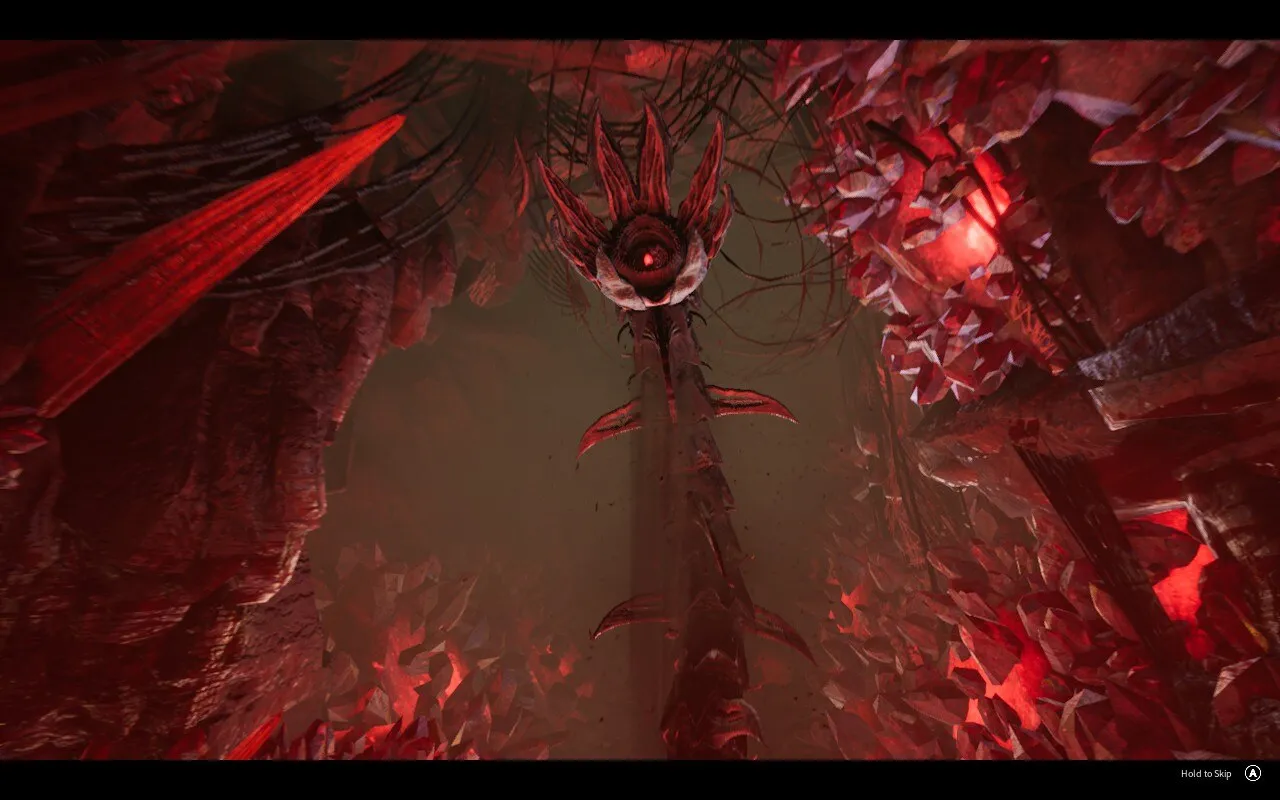 alt text: Thymesia's skill tree menu
alt text: Thymesia's skill tree menu
Memorable Boss Encounters
Thymesia shines brightest in its boss battles. Though limited in number, each encounter offers a unique and challenging experience. From the elusive magician Udur to the brutal Varg, each boss tests different aspects of the player’s skillset. The climactic final boss encounter provides a surprising and memorable conclusion.
Where Thymesia Falls Short
 alt text: Screenshot showcasing the environment in Thymesia
alt text: Screenshot showcasing the environment in Thymesia
Despite its engaging combat, Thymesia suffers from limitations, likely stemming from its smaller development team. The level design lacks the intricate interconnectedness and environmental storytelling found in FromSoftware games. Environments feel like linear corridors, populated by predictable enemy placements, particularly towards the later stages of the game.
 alt text: Thymesia gameplay screenshot showing the environment
alt text: Thymesia gameplay screenshot showing the environment
The graphical fidelity is also inconsistent. While character animations and boss designs are impressive, environments appear bland and forgettable. One late-game area, featuring mysterious gardens and a gruesome blood swamp, offers a welcome visual departure, but it’s not enough to elevate the overall presentation.
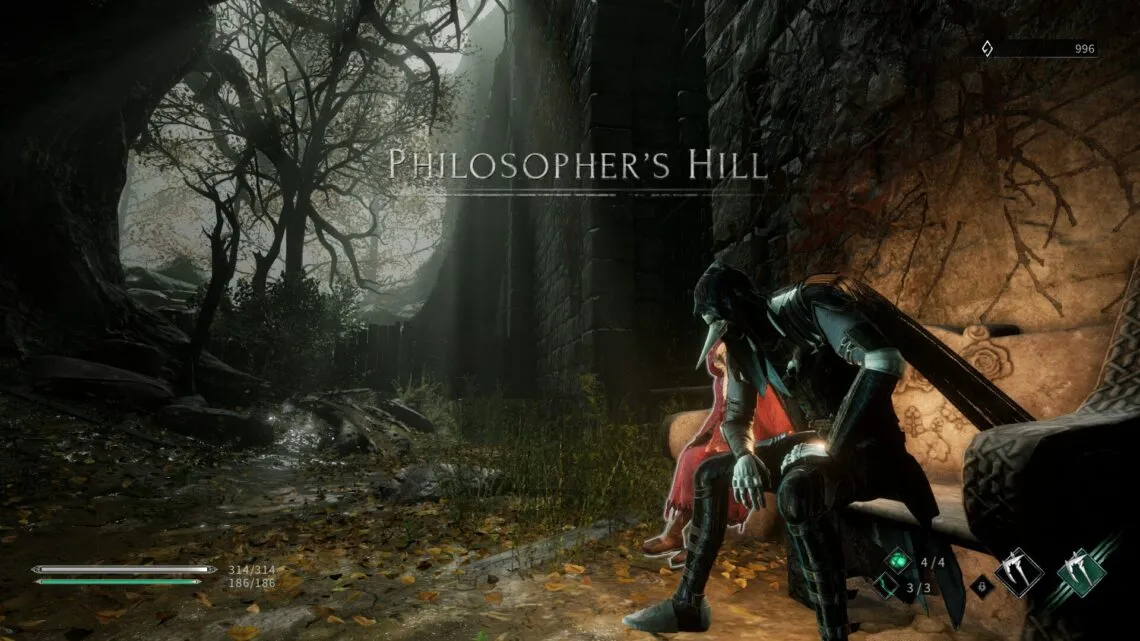 alt text: Thymesia opening cinematic screenshot
alt text: Thymesia opening cinematic screenshot
Consequently, Thymesia‘s attempt to emulate FromSoftware’s cryptic storytelling falls flat. The lack of compelling environments and limited environmental storytelling hinders narrative immersion.
Conclusion
Thymesia presents a solid foundation for a Souls-like experience. Its fluid and engaging combat, coupled with memorable boss encounters, makes it worth exploring. However, the game’s limitations in level design, graphics, and storytelling prevent it from reaching the heights of its inspirations. With further development and a larger scope, OverBorder Studio could refine Thymesia into a truly remarkable title.
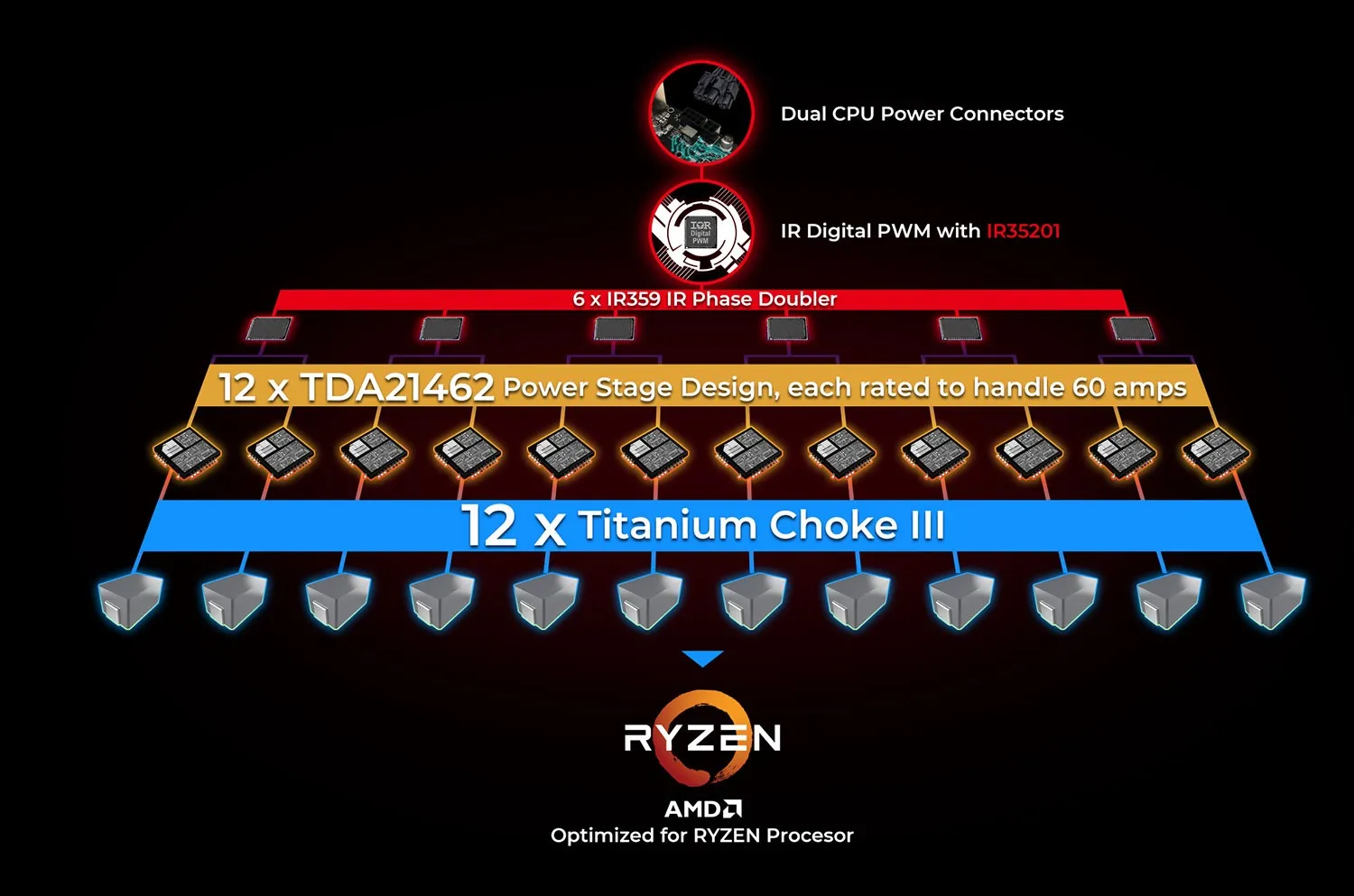



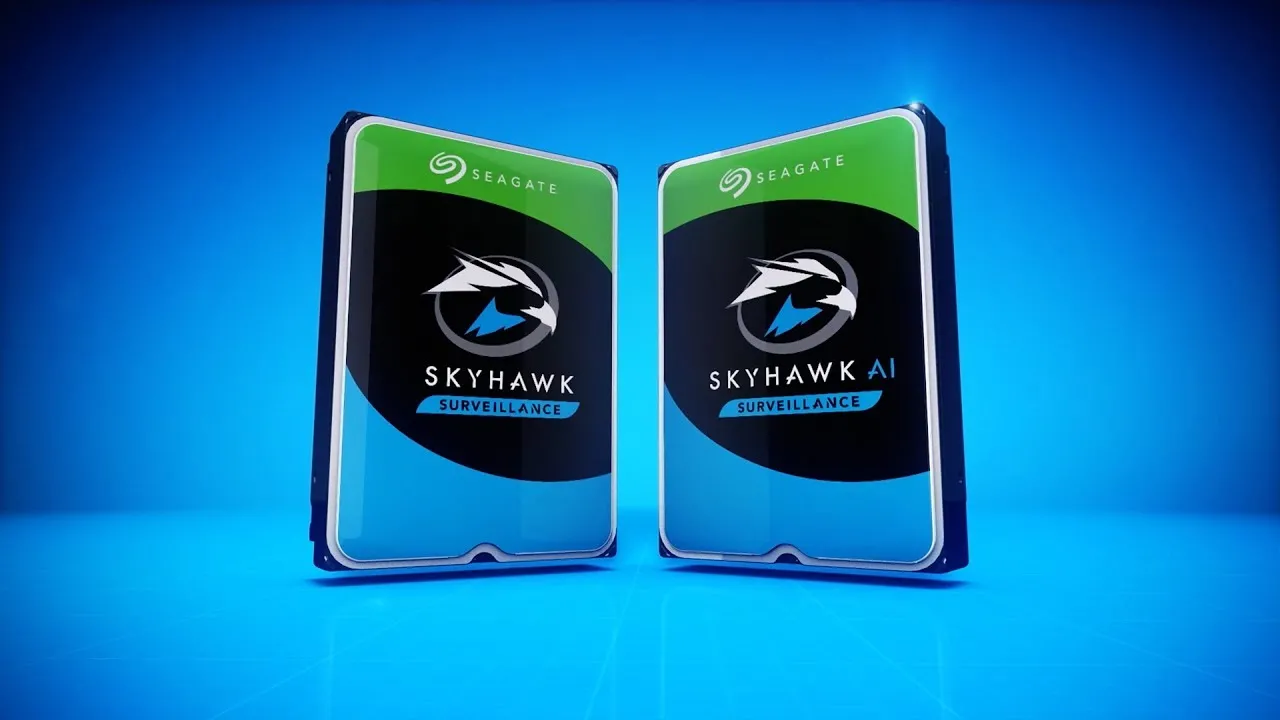
Comments (0)